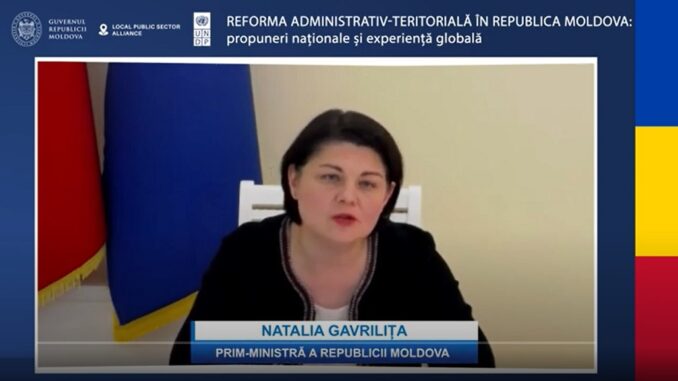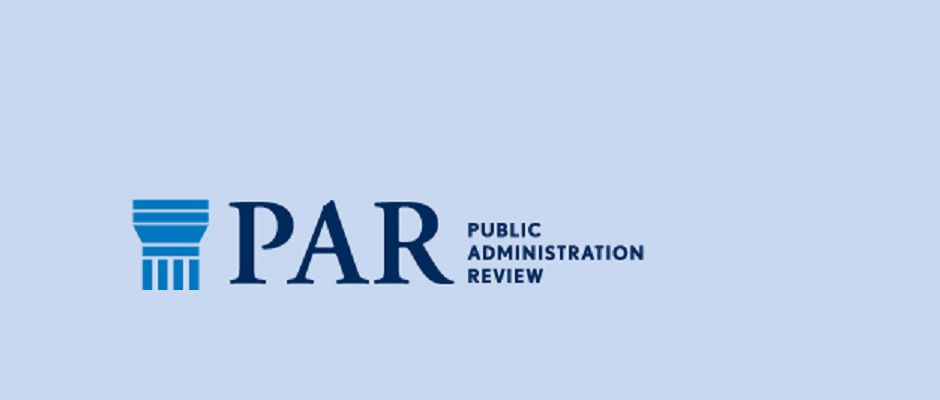
In November 2022, the government of the Republic of Moldova, together with the Local Public Sector Alliance and UNDP organized an expert forum entitled “Territorial-Administrative Reform in the Republic of Moldova: National Proposals and Global Experiences”.
The expert forum featured a panel of leading global experts on decentralization and local governance reform, including Roy Bahl (Dean Emeritus, Georgia State University); Jorge Martinez (Professor Emeritus, Georgia State University); Charles Cadwell, Urban Institute; Albana Dhimitri, Institute of Public and Private Policies (Albania); Gábor Péteri, Consultant in Public Finance and Fiscal Decentralization; Anwar Shah, Brookings Institution; Enid Slack, University of Toronto; Pawel Swianiewicz, Wrocław Univ. of Environmental and Life Sciences; Deborah Wetzel, Governance and Public Sector Management Expert; as well as Serdar Yilmaz, World Bank; and Jamie Boex, Executive Director of the Local Public Sector Alliance. These experts discussed the options for administrative reform and solutions to increase capacities at the local level, in the view of national and international experts.
Attending the event were Prime Minister Natalia Gavrilița and Government Secretary General Dumitru Udrea, as well as representatives of the Decentralization Coalition, including the Congress of Local Authorities from Moldova, the Institute for Development and Social Initiatives (IDIS) Viitorul and Promo-LEX Association.
The participants considered the proposals made so far by national and international experts to identify the most viable options. The Executive launched the public discussions on the administrative reform at the local level, a key component of the public administration reform. A new public administration reform strategy will be presented, consulted and approved by the Government by the end of this year. The document will aim to increase the quality of public services and improve the lives of all citizens, especially those from rural areas.
The premier said that the granting of the status of a candidate country for EU accession offered the Republic of Moldova new possibilities for social and economic development and a lot of responsibilities, such as the efficiency of the administration system, so that it ensures good governance at the local and the central levels to a degree comparable to European states. Also, according to the prime minister, an important aspect concerns the reformation at the local level, with an emphasis on increasing the country’s capacity to absorb EU funds, which will generate visible changes for the people of Moldova.
“Our country has proven that the democratic spirit is well rooted in the citizens’ consciousness, and the local public administration is a crucial element for the promotion of democracy: it is close to the citizens, it can hear and understand them, and the mayors enjoy the trust of the people. It is important that we continue to build on this trust and have a European approach to the process of administrative reform. I urge you to come up with the best solutions for the improvement of public services, the economic growth of the country and the Republic of Moldova becoming a member state of the EU”, said Gavrilița.
For his part, Dumitru Udrea presented the first reform options, emphasizing that they are based on analyzes and proposals developed by national and international experts during the last 12 years. “We want to create town halls that have the ability to provide services to all citizens, wherever they live, and can receive and administer the pre-accession funds from the European Union, which are essential for the future of Moldova,” said Udrea.
The Government of Moldova expects to organize several public debates on the administrative reform, to ensure the consultation of all important actors, including mayors and civil society interested in the issue.
A video of the webinar (in Romanian) is available on YouTube (UNDP Moldova).



